Keynote Speakers

Adam Lefstein
Adam Lefstein is the Shane Family Professor of Education at the Ben-Gurion University of the Negev in Israel. His research and teaching focus on pedagogy, classroom interaction, teacher learning and educational change. He is particularly interested in the intersection between research and professional practice, and how to conduct research that is meaningful, rigorous and helpful for educators. He has recently established the Center for the Study of Pedagogy – Research-Practice Partnerships, an interdisciplinary research center dedicated to collaborating with practitioners and policy-makers to design and conduct research and development projects that expand and strengthen Israeli educators’ professional knowledge infrastructures.
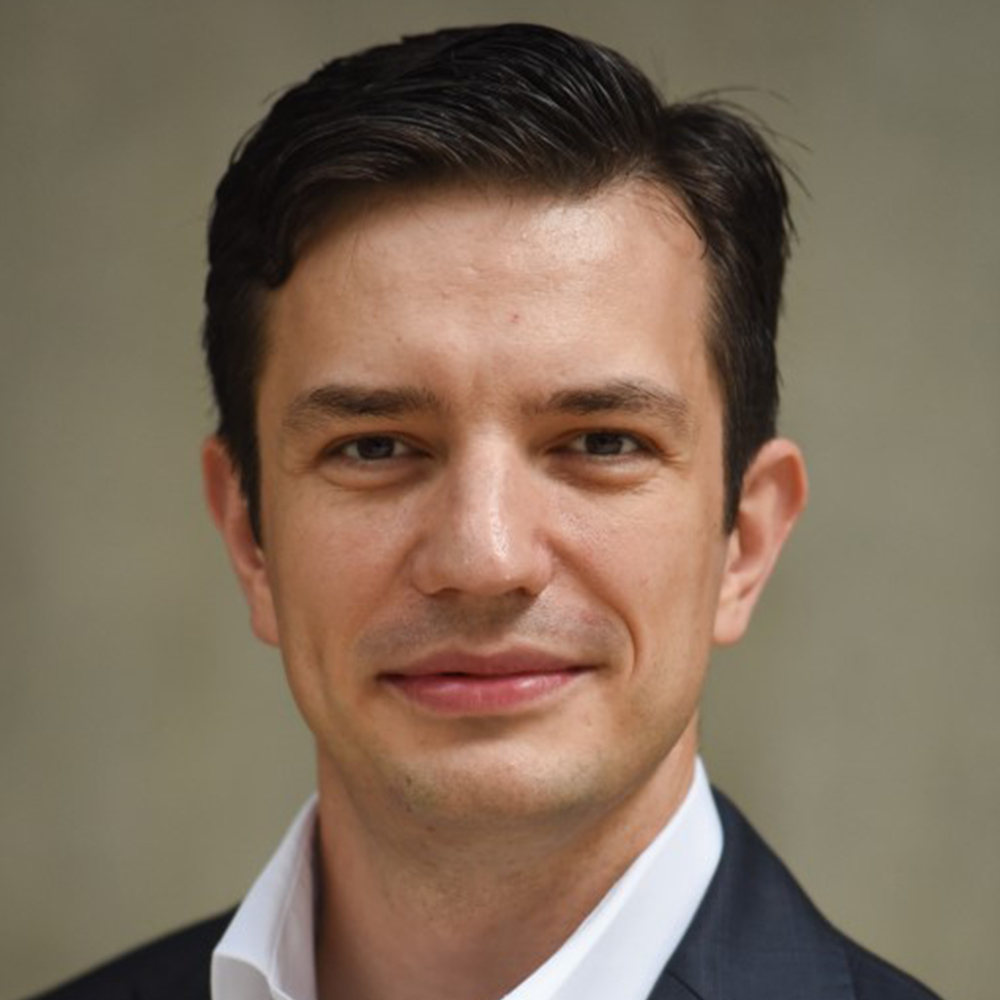
Vitomir Kovanovic
I am a Senior Lecturer at UniSA Education Futures and member of the Centre for Change and Complexity in Learning (C3L), a research centre studying the interplay between human and artificial cognition and how it affects human learning and knowledge processes. My research focuses on the development of novel learning analytics systems using learners’ trace data records collected by learning management systems with the goal of understanding and improving student learning. I am particularly interested in students’ self-regulation of learning and understanding how trace data can be used to gain a deeper understanding of learning processes. I obtained my PhD in Informatics, at the University of Edinburgh, the United Kingdom in 2017. Currently, I serve as a Secretary of the Society for Learning Analytics Research (SoLAR), which is a leading research society focused on the promotion and development of Learning Analytics field. I am also an associated editor for the Higher Education Research & Development Journal (Taylor and Francis) and Academic Editor for PLoS ONE Journal (Public Library of Science).
Doctoral Consortium Chairs
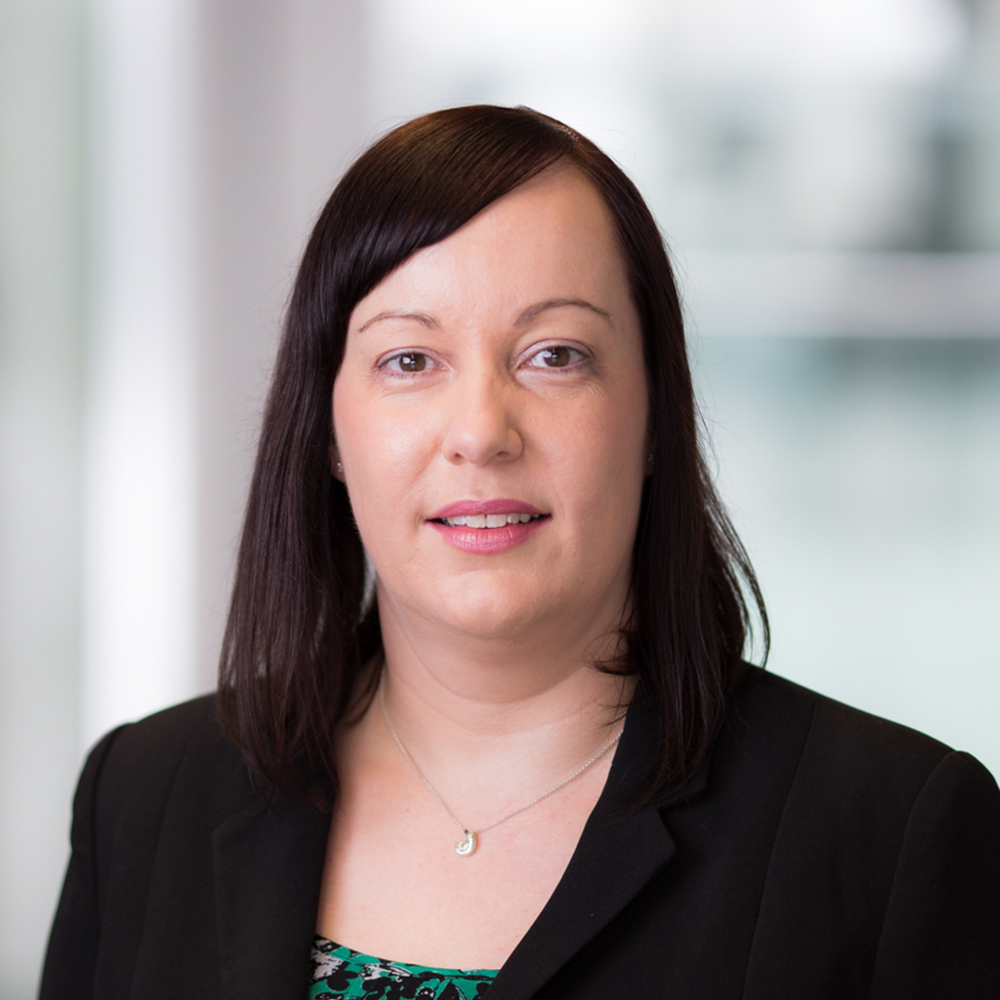
Linda Corrin
Associate Professor Linda Corrin is the Director, Learning Transformations Unit and Associate Professor, Learning Analytics at Swinburne University of Technology. She has more than 20 years’ experience working in higher education providing support for educational technology, curriculum development, and assessment as well as teaching in the fields of education, business and IT. Her research interests include learning analytics, students’ engagement with technology, feedback, and learning design. Currently, she is working on several large research projects exploring how learning analytics can be used to provide meaningful and timely feedback to academics and students. Linda is co-founder of the Victorian and Tasmanian Learning Analytics Network and a co-ordinator of the ASCILITE Learning Analytics Special Interest Group.

Daniel Spikol
Spikol’s main research interests are in the design and development of mobile and ubiquitous environments that explore different modes of collaboration that foster formal and informal inquiry-based learning, play and exploration. Spikol is interested in expanding the role of design to support understanding how people can navigate across physical and virtual spaces in active and creative ways.
Early Career Workshop Chairs
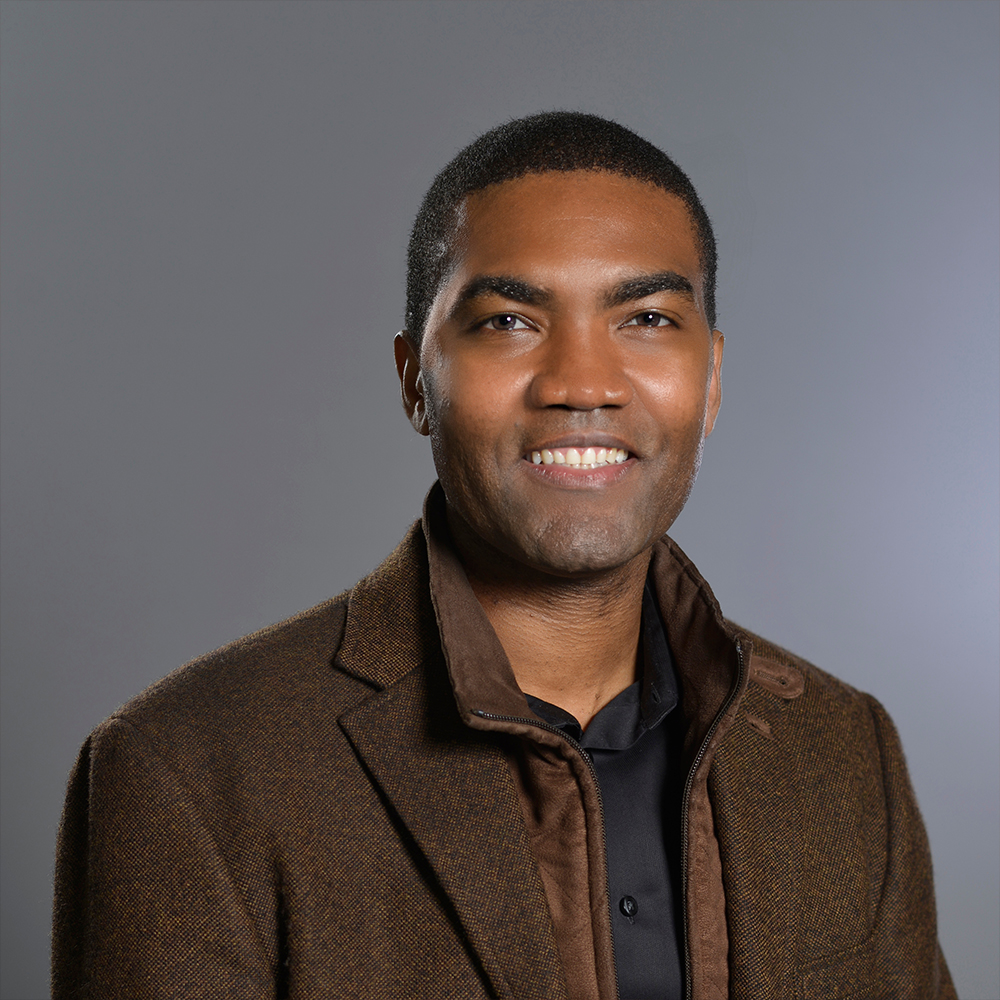
Aroutis Foster
Foster is an associate professor of Learning Technologies in the School of Education and associate dean of Academic Affairs and Graduate Studies. He teaches and conducts research on the theoretical and practical application of immersive digital environments. His research interests focus on exploring learning, design, and technology for human cognition, behavior, and identity exploration. Foster investigates and designs digital and immersive technologies such as games, simulations and virtual worlds to help learners develop knowledge and explore identities to impact interpersonal, intrapersonal and cognitive competencies. His work with the GLIDE lab aims to explore the learning process, motivation to learn, and identity change in students using immersive digital technologies to impact formal and informal learning.
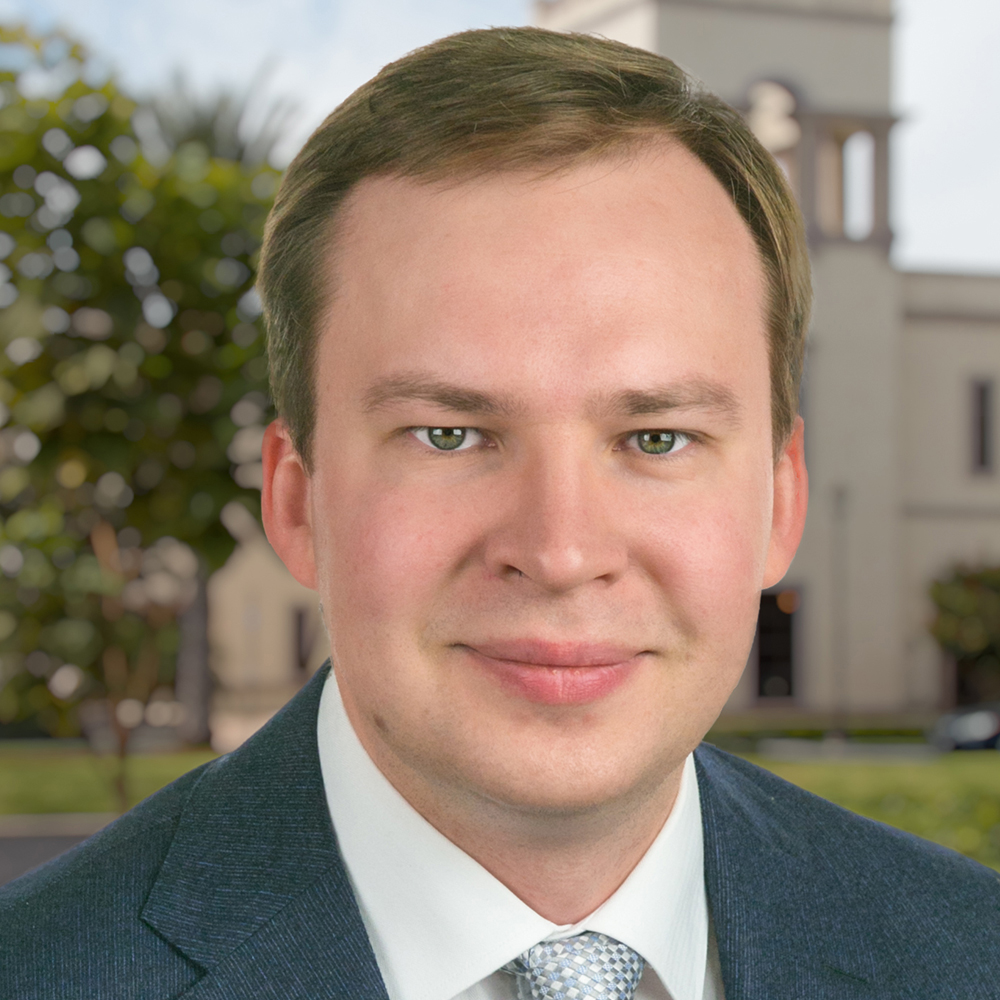
Vitaliy Popov
Vitaliy Popov is an Assistant Professor of Learning Health Sciences. His research focuses on understanding, designing, and evaluating learning technologies and environments that foster collaborative problem solving, spatial reasoning, engineering design thinking and agency. He is currently serving as a co-principal investigator on three projects funded by the National Science Foundation ranging from studying visuospatial skills development through origami to applying multimodal learning analytics in teamwork and understanding the mechanisms of an A-ha! moment. Dr. Popov completed his Ph.D. on computer-supported collaborative learning at Wageningen University & Research Center, in the Netherlands. His background allows him to utilize evidence in education science, simulation-based training and learning analytics to understand how people become expert health professionals, how they can better work in teams and how we can support these processes to foster health care delivery and health outcomes.
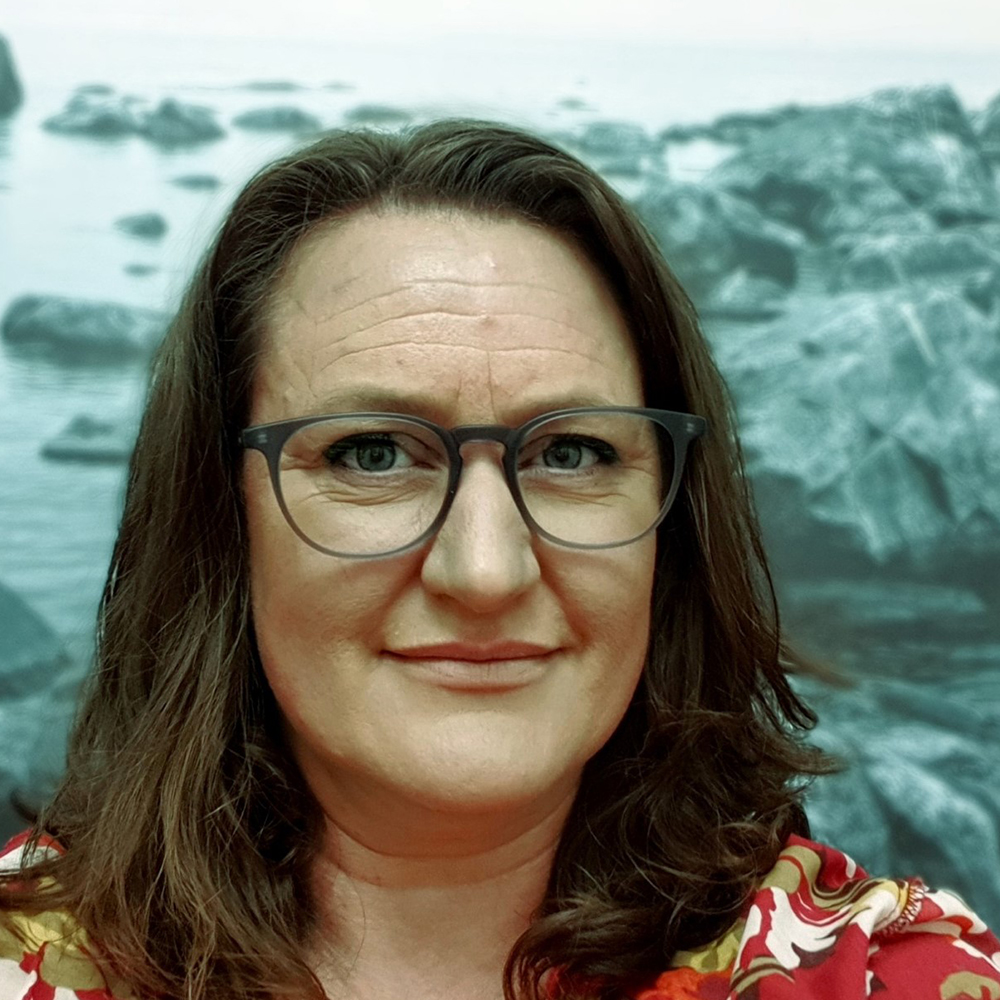
Janine Aldous Arantes
Janine Aldous Arantes is a Teaching Focussed Academic in the Faculty of Arts and Education, at Victoria University. Janine has worked in various educational contexts for the past 23 years, and currently focuses her research on the implications of integrating digital technologies in schools. She is an Early Career Researcher, who completed her Ph.D. titled ‘Big Data, Black Boxes and Bias: The Algorithmic Identity and Educational Practice’ from the University of Newcastle, and attended the first International Quantitatively Ethnography confernce as a [participant of the Doctoral Consortium. She holds a Masters of Education (Monash Univ.), Grad Cert of Education (Monash Univ.), Graduate Diploma of Marketing (Deakin Univ.) and a Bachelor of Science (Melbourne Univ.). Janine has been awarded a VU Fellowship in 2021, and was the recipient of the Cengage Fellow in 2019 as part of the ICQE. She has presented her research both nationally and internationally in the area of implications associated with digital education, placing a particular emphasis on how Big Data correlates to ‘real-life’ implications for teachers. She is currently working on research associated with predictive technologies, and teachers’ rights alongside the shifting nature of teachers’ identities in digital classrooms.